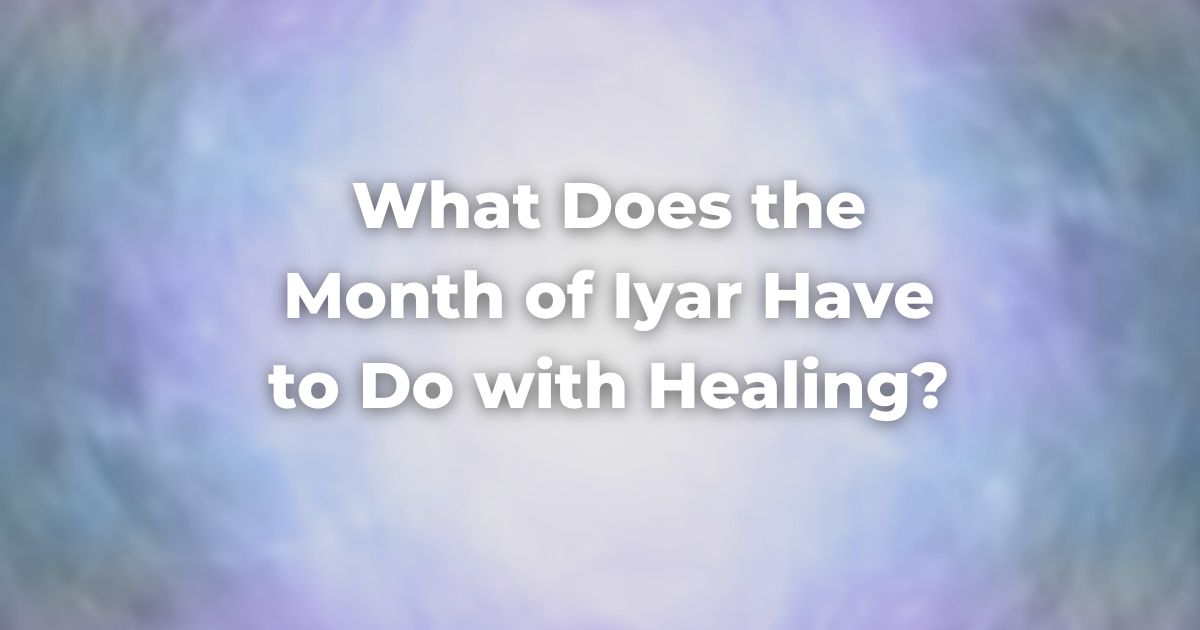There is no requirement to injure one’s health for the sake of performing any positive commandments.
Therefore, it is considered forbidden to fast on fast days if doing so could be injurious to one’s health (Shulchan Arukh, Orach Chayim 618:1).
Vital medications should be taken on fast days, even with food, if that is the proper way to ingest the medicine. However, one should not eat more than is necessary to maintain one’s health.
If an individual feels that fasting will be harmful, then that individual is permitted to eat on a fast day even if a physician determines that fasting will not cause real damage to that person’s health (Shulchan Arukh, Orach Chayim 618:1).
On the other hand, if a physician determines that an individual should not fast on one of the fast days, then that opinion should be followed even if the individual in question feels quite capable of fasting (ibid.).
The bottom line is that one’s health always comes first: when eating is necessary to a person’s continued good health, it becomes a requirement for that person to eat.
Adapted with permission from The Observant Life.
Authors
-

-

The Observant Life: The Wisdom of Conservative Judaism for Contemporary Jews distills a century of thoughtful inquiry into the most profound of all Jewish questions: how to suffuse life with timeless values, how to remain loyal to the covenant that binds the Jewish people and the God of Israel, and how to embrace the law while retaining an abiding sense of fidelity to one’s own moral path in life. Written in a multiplicity of voices inspired by a common vision, the authors of The Observant Life explain what it means in the ultimate sense to live a Jewish life, and to live it honestly, morally, and purposefully. The work is a comprehensive guide to life in the 21st Century. Chapters on Jewish rituals including prayer, holiday, life cycle events and Jewish ethics such as citizenship, slander, taxes, wills, the courts, the work place and so much more.
View all posts






